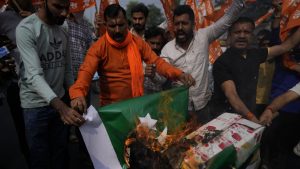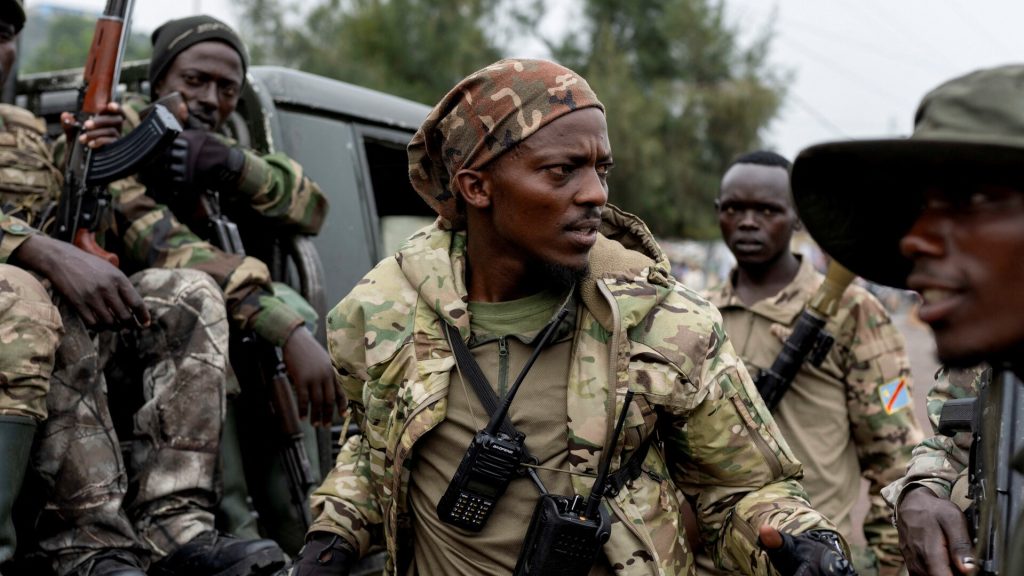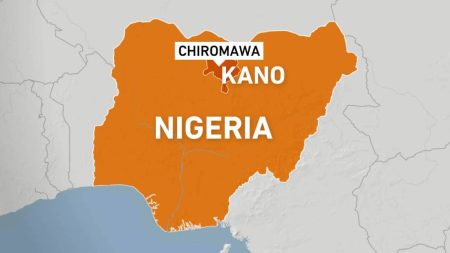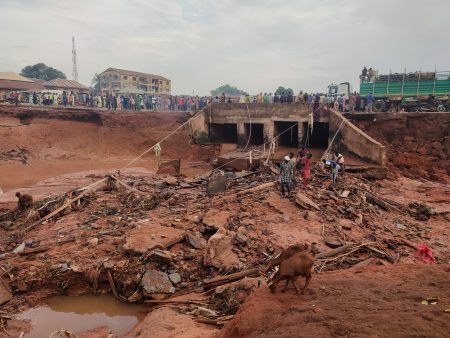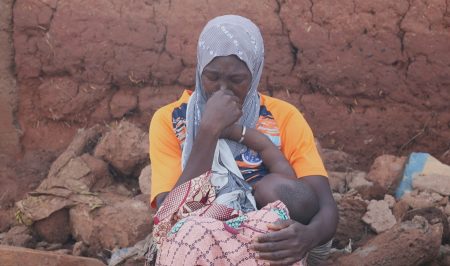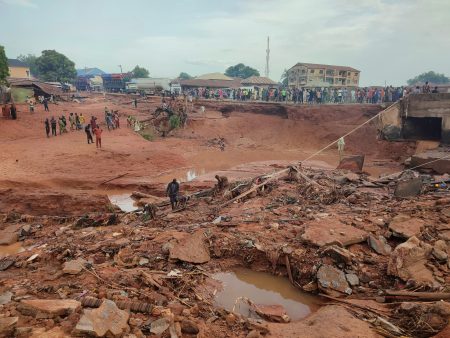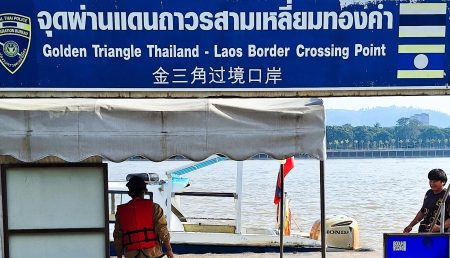The Democratic Republic of Congo (DRC) is facing a renewed and escalating security crisis as the M23, a Rwanda-backed rebel group, continues to advance through the eastern part of the country, seizing territory and displacing thousands of civilians. The rebels have declared their intention to march on Kinshasa, the capital city, raising fears of a wider conflict and a potential humanitarian disaster. The DRC government, led by President Félix Tshisekedi, has responded by calling for new recruits to bolster the national army and counter the rebel offensive. This latest escalation represents a significant setback to ongoing peace efforts and highlights the complex web of regional tensions fueling the conflict.
The M23, predominantly made up of Tutsi fighters, first emerged in 2012, claiming to protect the Tutsi population against attacks by Hutu militias. They briefly captured Goma, the capital of North Kivu province, before being driven back by Congolese and UN forces. After a period of relative inactivity, the group resurfaced in late 2021, launching a new offensive that has seen them capture significant territory and displace over 200,000 people. The resurgence of the M23 is widely attributed to Rwanda’s alleged support, a claim Kigali denies despite evidence presented by the UN and other international bodies. This external support allows the M23 to maintain a level of organization and military capability far beyond that of most armed groups operating in the region.
The M23’s advances have sparked widespread condemnation from the international community. The United States, European Union, and several African nations have called on Rwanda to cease its support for the rebels and engage in constructive dialogue to resolve the crisis. Regional efforts, led by the East African Community (EAC), have also been initiated to mediate between the warring parties and deploy a regional force to stabilize the situation. However, these efforts have so far yielded limited results, with the M23 continuing its offensive and showing little interest in meaningful negotiations. The EAC force itself has faced challenges, including accusations of bias and limited effectiveness in containing the rebel advance.
The humanitarian situation in eastern DRC is rapidly deteriorating as a result of the conflict. The fighting has displaced hundreds of thousands of people, forcing them to flee their homes and seek refuge in overcrowded displacement camps or with host families. These displaced populations face dire living conditions, with limited access to food, water, shelter, and healthcare. The ongoing violence also restricts humanitarian access, making it difficult for aid organizations to reach those in need. The risk of famine and disease outbreaks is increasing, posing a grave threat to the civilian population, particularly women and children who are disproportionately affected by conflict.
The resurgence of the M23 and the escalating conflict in eastern DRC have complex roots, stemming from historical grievances, ethnic tensions, competition for natural resources, and weak governance. The region has long been plagued by violence and instability, with numerous armed groups vying for control. The presence of valuable minerals, including gold, coltan, and tin, has further fueled the conflict, attracting both internal and external actors who seek to profit from the exploitation of these resources. The weak state presence in the eastern DRC has created a security vacuum, allowing armed groups to flourish and further destabilize the region. Addressing these underlying causes is crucial for achieving a lasting peace.
The current crisis in eastern DRC underscores the urgent need for a comprehensive and coordinated response from the international community. Continued diplomatic pressure on Rwanda to cease its support for the M23 is essential, along with support for the DRC government’s efforts to strengthen its security forces and provide humanitarian assistance to those affected by the conflict. The EAC’s regional efforts must be strengthened and refocused on addressing the root causes of the conflict, rather than simply managing the symptoms. A long-term solution requires a commitment to inclusive governance, sustainable development, and addressing the underlying socio-economic factors that contribute to instability. Failure to act decisively could lead to a wider regional conflict with devastating consequences for the people of the DRC and the wider Great Lakes region. The international community must prioritize a coordinated and sustained effort to bring peace and stability to this troubled region.


